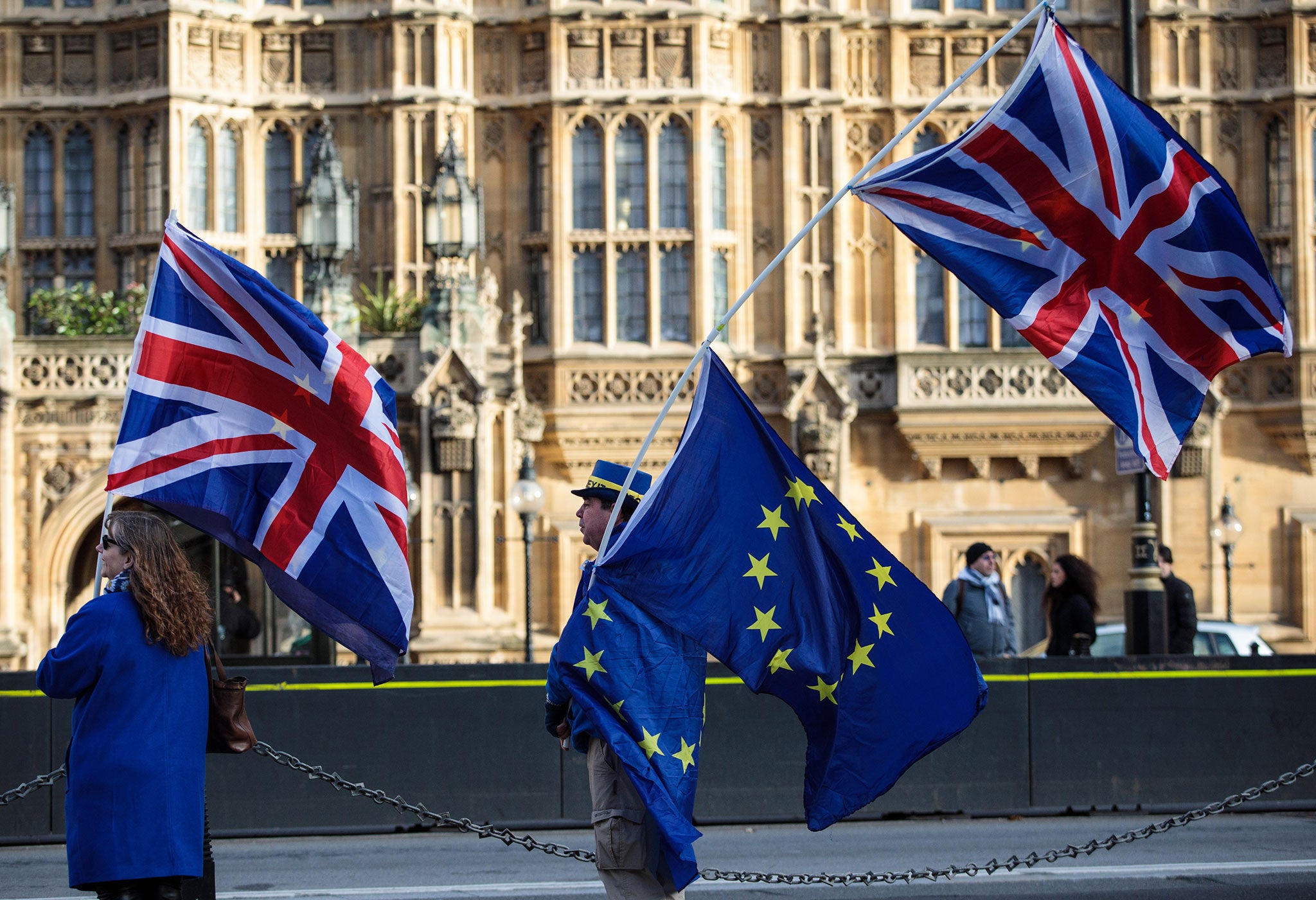Brexit preparation bill expected to cost £2bn by March 2019
Around half of the extra money is expected to be spent on staffing as Whitehall departments reverse cuts to civil service

Your support helps us to tell the story
From reproductive rights to climate change to Big Tech, The Independent is on the ground when the story is developing. Whether it's investigating the financials of Elon Musk's pro-Trump PAC or producing our latest documentary, 'The A Word', which shines a light on the American women fighting for reproductive rights, we know how important it is to parse out the facts from the messaging.
At such a critical moment in US history, we need reporters on the ground. Your donation allows us to keep sending journalists to speak to both sides of the story.
The Independent is trusted by Americans across the entire political spectrum. And unlike many other quality news outlets, we choose not to lock Americans out of our reporting and analysis with paywalls. We believe quality journalism should be available to everyone, paid for by those who can afford it.
Your support makes all the difference.Brexit preparations have cost at least £400m in the current financial year, with the bill estimated to reach £2bn by Brexit day in March 2019, according to new research.
The report by the Institute for Government (IfG) into Whitehall spending claims that after strict controls on departmental budgets, Philip Hammond is “loosening his purse strings”.
Around half of the money will have been spent on staffing government departments, with the think-tank claiming that Brexit has reversed the staff reductions made in the civil service in the years before the EU referendum.
The report claims that six of the departments most affected by Brexit are expecting to recruit up to 10,000 extra personnel with the Home Office planning to have hired 1,500 new staff by September this year and HMRC is looking to take on between 3,000 and 5,000 by March 2019.
It comes after the Chancellor set aside £3bn in preparations for Britain’s withdrawal from the European Union last year to allow for “every possible outcome”. Around £1.5bn of this money has been set aside for the year after March 2019.
But the IfG claims the £400m spent this financial year by six Whitehall departments exceeds the Treasury’s allocation of £250m for 2017-18. The report adds this will jump to at least £900m in the next financial year with HMRC “playing a critical role” in preparing the border for Brexit.
And they expect that the total spend across government could reach £2bn over the two years running up to Brexit day on 29 March 2019.
The IfG's Brexit programme director Jill Rutter said: “We look only at costs incurred ahead of the UK's formal exit from the European Union. But the true scale of those costs will not be clear until the future relationship starts to take shape.
”Details still to be determined, like the UK's relationship with EU regulators or its access to EU-wide customs systems, will affect the scale of the task in Whitehall - and the size of bill for delivering it.“
The think tank's senior researcher Joe Owen added: “If the UK fails to negotiate the access to EU regulators that the Prime Minister wants, costs are likely to grow again - new arm's length bodies and new border functions will need to be put in place.”
Responding to the IFG report, a Government spokesman said: “The Government is committed to ensuring that the right skills and resources are available to deliver a successful Brexit that works for all parts of the country.
“The Chancellor has committed £3bn of funding over the next two years as government steps up preparations.”
The spokesman added that the Government had created two new departments since 2016 – the Department for Exiting the European Union (DExEU) and the Department for International Trade - to “help deliver a smooth and orderly exit from the European Union and to forge new bold and ambitious trade agreements across the world”.
“And we continue to review the capability of all departments and recruit the brightest and the best talent from the pubic and private sectors to unlock the benefits and opportunities of leaving the EU."
Join our commenting forum
Join thought-provoking conversations, follow other Independent readers and see their replies
Comments